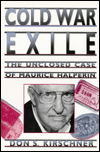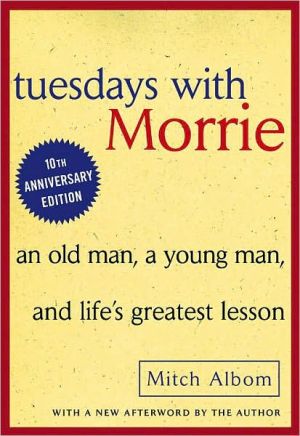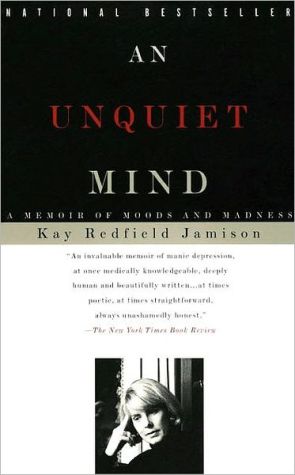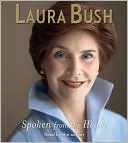Cold War Exile: The Unclosed Case of Maurice Halperin
In 1953 Maurice Halperin was called before the Senate Internal Security Subcommittee to defend himself on charges of espionage. He was accused of having supplied Soviet sources with classified material from the Office of Strategic Services while he was an employee during World War II.\ The Cold War was in full force. McCarthyism was at its peak. Caught up in the rapids of history, Maurice Halperin's life spun out of control. Denying the charges but knowing he could never fully clear his name,...
Search in google:
In 1953 Maurice Halperin was called before the Senate Internal Security Subcommittee to defend himself on charges of espionage. He was accused of having supplied Soviet sources with classified material from the Office of Strategic Services while he was an employee during World War II. The Cold War was in full force. McCarthyism was at its peak. Caught up in the rapids of history, Maurice Halperin's life spun out of control. Denying the charges but knowing he could never fully clear his name, Halperin fled to Mexico and then, to avoid extradition, to Moscow. Among the friends he made there were British spy Donald MacLean and Cuban revolutionary leader Che Guevara. Disenchanted with socialism in the Soviet Union, he accepted Guevara's invitation to come to Havana in 1962. There he worked for Castro's government for five years before political tension forced him to leave for Vancouver, Canada, where he now resides. Was Halperin a spy or a scapegoat? Was he a victim of Red- baiting or a onetime Communist espionage agent who eventually lost faith in Communism? Halperin's accuser was Elizabeth Bentley, a confessed Soviet courier who accused more than one hundred Americans of spying. Yet Bentley had no proof, and Halperin continues to maintain his innocence. One of them was lying. As Kirschner unravels the engrossing facts of the case--utilizing FBI files and dozens of interviews, including extensive interviews with Halperin himself--the reader becomes the investigator in a riveting real-life spy mystery. Along the way Kirschner offers new material on the OSS and further disturbing information about J. Edgar Hoover's use of his considerable power. Maurice Halperin has lived a life like few Americans in our century. A left-wing American exile, he experienced two socialist worlds from the inside. In recounting the unclosed case of Maurice Halperin, Cold War Exile is both a gripping account of that remarkable life and a significant contribution to our understanding of a fascinating and controversial era in American political history. Publishers Weekly During the early 1950s, Maurice Halperin, a former OSS agent, was accused by a confessed Soviet courier named Elizabeth Bentley of committing espionage for the Soviet Union. His subsequent summons before the Senate Internal Security Committee during the McCarthy era led to years of self-exile in Mexico, the Soviet Union and Cuba. ``Very few American leftists actually saw the Soviet Union,'' notes Kirschner, "and almost none of them experienced both Russia and Cuba in a serious way.'' In his probing psychological/ideological study of Halperin, Kirschner traces the shifting ideas, attitudes and moods of this abrasively outspoken fellow traveler, revealing how he became a Marxist in the 1930s and was later disillusioned (``In the motherland of socialism, socialism did not work''). Kirschner also presents an objective analysis of the espionage charge brought by Bentley. Their stories are contradictory, and readers are left to decide which of them was lying. Halperin was never tried. Kirschner is a history professor at Simon Fraser University in Vancouver, where Halperin resides. (May)
\ Publishers Weekly\ - Publisher's Weekly\ During the early 1950s, Maurice Halperin, a former OSS agent, was accused by a confessed Soviet courier named Elizabeth Bentley of committing espionage for the Soviet Union. His subsequent summons before the Senate Internal Security Committee during the McCarthy era led to years of self-exile in Mexico, the Soviet Union and Cuba. ``Very few American leftists actually saw the Soviet Union,'' notes Kirschner, "and almost none of them experienced both Russia and Cuba in a serious way.'' In his probing psychological/ideological study of Halperin, Kirschner traces the shifting ideas, attitudes and moods of this abrasively outspoken fellow traveler, revealing how he became a Marxist in the 1930s and was later disillusioned (``In the motherland of socialism, socialism did not work''). Kirschner also presents an objective analysis of the espionage charge brought by Bentley. Their stories are contradictory, and readers are left to decide which of them was lying. Halperin was never tried. Kirschner is a history professor at Simon Fraser University in Vancouver, where Halperin resides. (May)\ \ \ \ \ BooknewsKirschner (history, Simon Fraser U.) draws on FBI files and interviews to recount the unclosed case of Halperin, a left-wing American exile who experienced two socialist worlds from the inside. Halperin fled to Mexico and then Moscow after he was accused in 1953 of supplying classified material to the Soviets. In Moscow he met Cuban leader Che Guevara and accepted his invitation to come to Havana in 1962, where he worked for Castro's government for five years. Annotation c. Book News, Inc., Portland, OR (booknews.com)\ \








